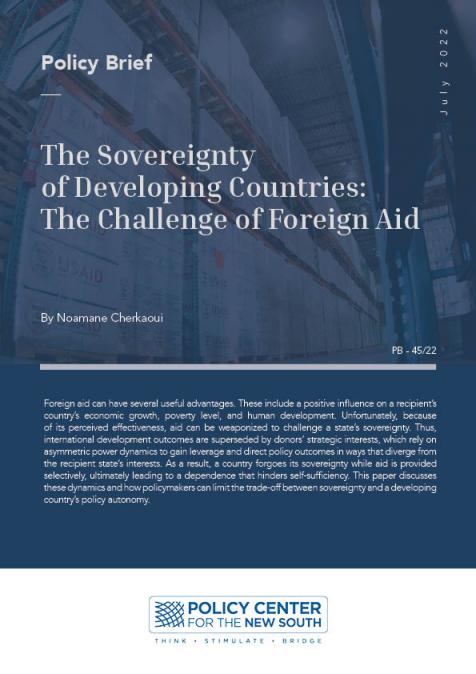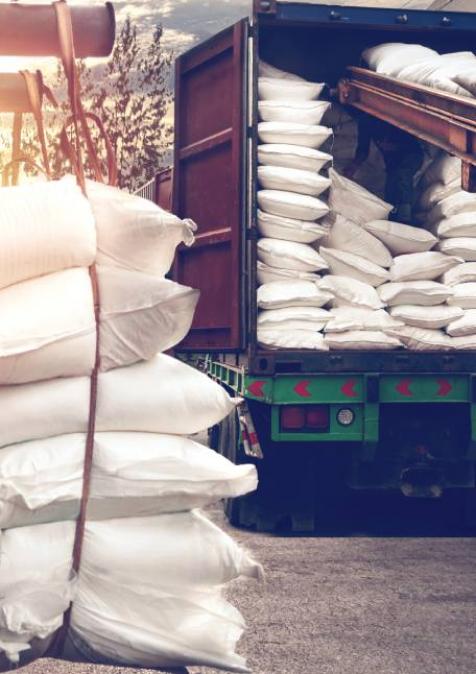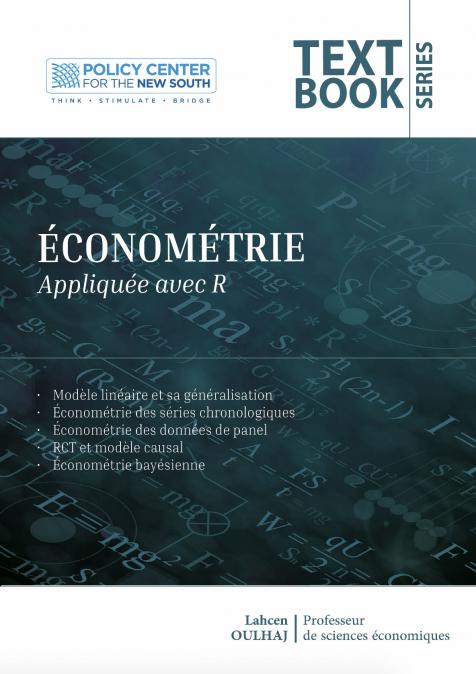Podcasts
LatAm & Africa: The Untapped Powerhouses of the Global South
14
February
2025
Related topics:
Latin America and Africa share deep historical ties and economic potential, yet their cooperation remains limited. Latin American countries prioritize Europe and the U.S., while China expands its influence. Meanwhile, Africa’s strategic initiatives and economic growth create new opportunities for South-South collaboration. Mercosur struggles with internal divisions, and connectivity barriers hinder stronger ties. Can Latin America break free from Eurocentrism and forge a new alliance with Africa?









